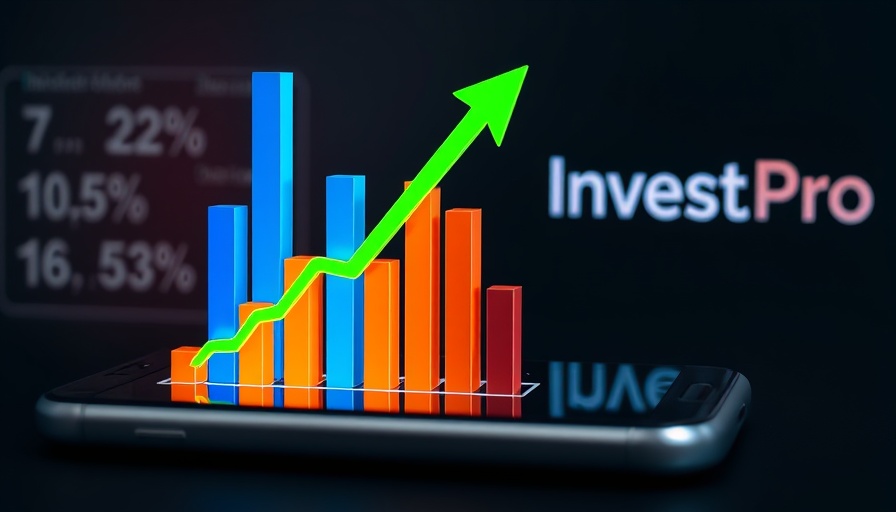
Trump's Bold Move: Doubling Steel Tariffs Amid Trade Tensions
In a surprising announcement that shook global markets, President Donald Trump declared on May 30, 2025, that he would be doubling the U.S. steel tariffs from 25% to a staggering 50%. This decisive action follows his accusations against China for breaching a trade agreement, raising concerns over international trade relations.
Speaking on his Truth Social platform, Trump stated, "China, perhaps not surprisingly to some, HAS TOTALLY VIOLATED ITS AGREEMENT WITH US. So much for being Mr. NICE GUY!" The timing of this statement coincided with another rally where he promoted a partnership between Japan’s Nippon Steel and U.S. Steel, further emphasizing his commitment to strengthening the American steel industry.
Understanding the Impacts of Steel Tariffs on the Economy
The decision to increase tariffs on steel, a critical commodity in various industries including construction and manufacturing, is intended to bolster domestic production. Even though the U.S. market has been relatively closed to Chinese steel due to existing tariffs, this new measure could exacerbate existing tensions and lead to retaliatory actions from China.
In 2018, the initial 25% tariff imposed by the U.S. significantly reduced the amount of Chinese steel entering the market, a strategy aimed at protecting American jobs. With the new tariffs, domestic steel producers are likely to benefit from decreased competition; however, higher steel prices might ultimately translate to increased costs for consumers and manufacturers across the country.
Global Trade Relations: What’s Next?
As steel tariffs rise, so do concerns about the broader implications for global trade relations. Experts note that retaliatory tariffs from China could impact various sectors, including agriculture and technology, which could result in higher prices for American consumers and decreased market access for U.S. companies abroad.
Many analysts are keeping a close eye on the areas impacted by these tariffs. For instance, the agricultural sector is particularly sensitive to trade policies, as farmers rely heavily on exports of commodities like soybeans and corn. If China responds with their own tariffs, the U.S. agricultural market may face unexpected challenges.
The Future of Investment Amid Changing Tariffs
As an investor, understanding the implications of these heightened tariffs is crucial for making informed decisions. The steel industry may experience a surge in stock prices as domestic producers capitalize on reduced competition. However, diverse sectors that rely on steel could see a downturn due to increased costs.
When assessing and redefining investment strategies, particularly in stock market news and trends, it becomes important to watch sectors like construction, manufacturing, and even technology, which may feel the ripple effects of such policies.
Preparing for Market Volatility: Investment Insights
The stock market has always reacted to geopolitical events, and this latest tariff increase is no exception. Investors should consider how to manage their portfolios during periods of volatility and uncertainty. Here are a few strategies to keep in mind:
- Portfolio Diversification: Ensuring your investment portfolio is diverse can help mitigate risks associated with sector-specific downturns.
- Watch for Emerging Market Opportunities: While some sectors may struggle, others might thrive. Keeping an eye on international investments could yield new opportunities.
- Evaluate Dividend Stocks: Companies with strong dividends may provide better stability during uncertain times.
Edit: By carefully assessing investment opportunities and risks in light of these tariffs, investors can position themselves to better navigate the evolving economic landscape and maintain a healthy financial portfolio.
Conclusion: What's Next for Trade and Investors?
The doubling of steel tariffs and accusations against China signal a turning point in U.S.-China trade relations. As various industries gear up for potential shifts, understanding these developments will be essential for investors and consumers alike. Monitoring stock market analysis and developing robust investment strategies will play a pivotal role in safeguarding financial interests during these turbulent times.
 Add Row
Add Row  Add
Add 



Write A Comment